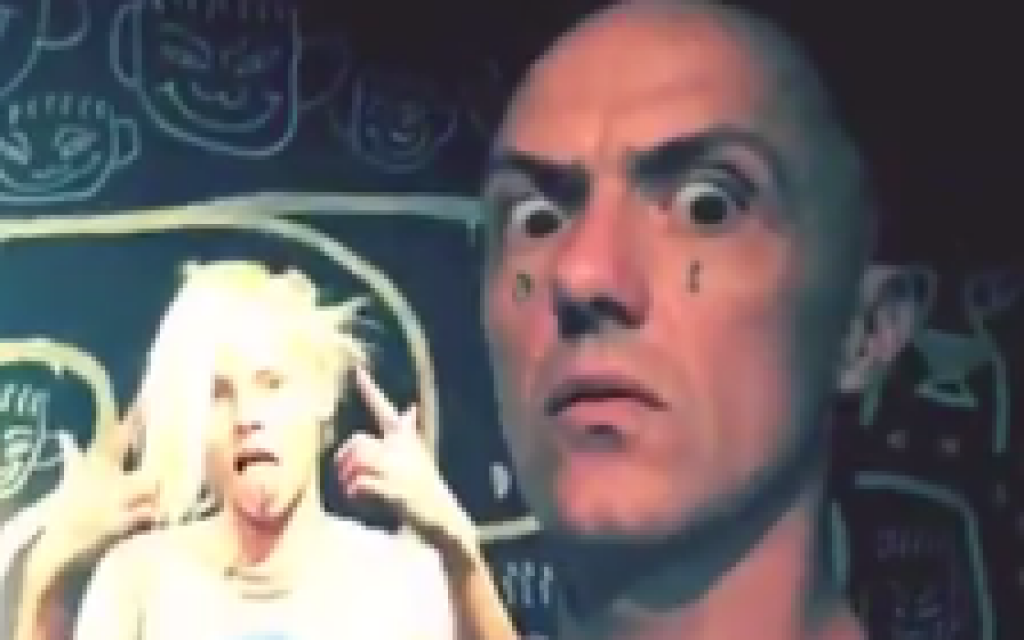

Tiken Jah Fakoli released new album African RevolutionĪfter 15 years and 10 albums Tiken Jah Fakoly releases new album African Revolution. Na elikia na ngai napesi Yo (and my hope) Yo moko Nzambe salela yango (You are the only God) Napesi Yo nde motema? na ngai (I give You my heart) Just in time to wish you a happy New Year. (2012) Die Antwoord and a delegitimised South African whiteness: a potential counter-narrative? Critical Arts: South-North Cultural and Media Studies, 26:5, 745-761.Sonic Africa wish you a Happy New Year 2011Īfter 2 months break when this website was off-line, sonic africa is online again. I’m going to leave you guys with one of their live performances, it has a long entrance, but once they get going, it is worth it! They are extremely weird, grimey, and foul-mouthed, but there is definitely more to their songs than a lot of people think. In other words, this band is pretty awesome. Two incongruous concepts are looked at together in a way that implies normalcy, which then suggests a new identity and belonging for white South Africans. The song is sung almost fully in Afrikaans, so I won‘t bother posting the video for you as most of us can‘t understand a word! The song challenges the stereotypes of the Afrikaans ‘braaivleis’ (barbeques) and the tradition of sacrificial animal slaughter, merging the narratives into a new South African story. In interviews, it becomes apparent that the pair are deliberately embracing the stereotypical negativity associated with a lower-class, white South African identity.Īnother way that Die Antwoord tries to fight stereotypes is in their song Super Evil. Ninja and Yo-landi seem to embrace a ‘whiteness’ commonly referred to as ’white trash.’ This is seen in their music video, The Zef Side, when they are set in a depressed suburban landscape wearing hand-me-down clothes. On the controversial topic of South African whiteness, Die Antwoord has gone against mainstream views by pushing an uncomfortable version of South African whiteness onto the international stage. In their music, Die Antwoord offers an insight to the daily lives of South Africans, and what it feels like to be there.

Since the apartheid, South Africa has been struggling with a national identity, and it is argued that popular music offers communities to take the ‘scraps, patches, and rags of daily life’ and transform these into the signs of a national culture. I’m like all these different people, fucked into one person.” Sorry for the vulgar language there, but Ninja does have a valid point. In this place, you get a lot of different things…Blacks. Ninja states: “I represent South African culture. Comprised of three members, lead man Ninja, Yo-landi Vi$$er, and DJ Hi-Tek, the bands popularity took off in early 2010. Kinda crazy huh? This is Die Antwoord (meaning The Answer in Afrikaanss), a South African Afrikaans zef-rap-rave band. I want you to watch this music video before I tell you anything about the band: After Amira’s last post about Marabi music and how it broke through the traditional styles in the 1900s, I thought I would look at similar case in modern day. Hallo, goeie midddag almal! That’s Afrikaans for hello, good afternoon everyone! Since the music I have chose to talk about today contains a mix of different languages and slang, I thought an Afrikaans welcome was appropriate.


 0 kommentar(er)
0 kommentar(er)
